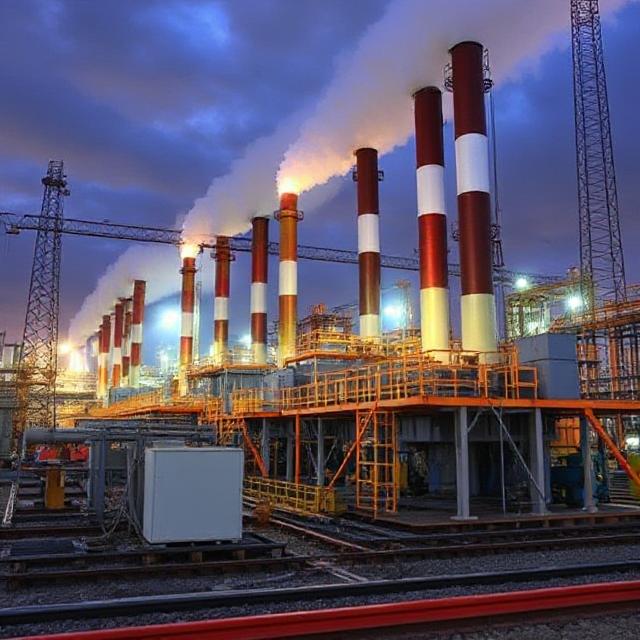Major Indian steelmakers are pressing the government to reform the Renewable Consumption Obligation (RCO) framework, seeking to ease the renewable energy mandates that currently apply to their operations. According to recent reports, the industry wants a reduction in the mandatory share of renewables and an exemption for electricity generated via waste‑heat recovery systems (WHRS).
The RCO, part of India’s broader energy transition agenda, requires heavy industries to source a specified percentage of their electricity from renewable sources. Under current regulations, steel plants must meet a rising quota in the coming years. However, producers argue the compliance burden is becoming unsustainable. They posit that power generated from the capture and reuse of industrial waste heat-not currently counted-should qualify under RCO, citing its efficiency and alignment with green objectives.
Industry leaders also contend that waste‑heat systems can generate up to 30 percent of a plant’s internal electricity at a much lower cost per unit than solar or wind, making them financially compelling and environmentally advantageous. This would reduce reliance on fluctuating green energy sources, especially amidst ongoing concerns about grid stability and the cost of full-scale renewables.
The move comes as India prepares to introduce green steel incentives, including possible carve-outs in steel purchases for public infrastructure projects and ongoing efforts to integrate green hydrogen and energy storage systems. Yet, the finance ministry has reportedly urged caution, citing inflationary pressures and the high cost of green hydrogen, potentially delaying full-scale support until price stability is assured.
As the steel sector braces for stricter European carbon regulations and new domestic clean-energy targets, it seeks a more flexible RCO that recognises energy efficiency gains from WHRS. For B2B stakeholders and sub-editors, this debate highlights a tension between sustainability goals and economic feasibility—key to the narrative around green steel in India’s evolving industrial policy landscape.





